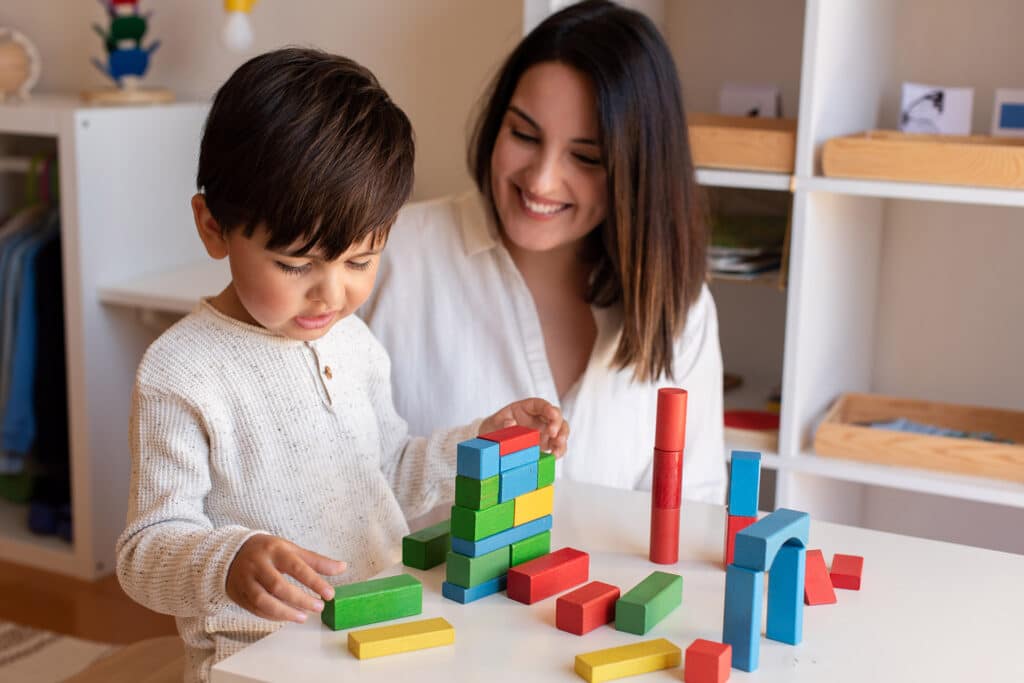What exactly is Modern Day ABA?
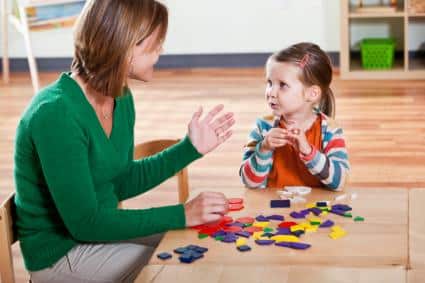
ABA Myths and Misconceptions When you hear the phrase “Applied Behavior Analysis,” what is the first thing you think of? Most people would say “Autism” or “a type of therapy”. The main reason for writing this article is to debunk any misconceptions or myths about ABA and explain how it has evolved over the years. The first myth is that it is a “therapy”. ABA is a Science devoted to the understanding and improvement of human behavior, which focuses on objectively defining observable behaviors of social significance (Cooper, Heron & Howard, 1987). The principles of the science, or rather field of study, are applied in an ABA therapy program. The reason it’s important to point out that it’s a Science is to give it significant credit as “empirically validated”. There have been over a thousand studies published, revealing significant changes in the increase of language, communication, socialization, and appropriate behavior and…
Tips and Tricks for Technology

How can we utilize Technology to our benefit? Technology is a large part of our lives, and our children’s lives. Ideally, limiting screen time would be simple and easy to implement. This is not the case, especially considering our current situation. Technology can be used in many different ways and benefit both children and parents. What to do and What to Avoid When Considering Screen-Time What to Do: Set boundaries- determine how much time would be acceptable for your child to play with an iPad or tablet and use a schedule or timer to express this to your childUse technology as a reward. If technology is a preferred item for your child, use it to get through more non-preferred activities such as schoolwork or choresUse technology for more than just games- consider educational websites or apps What to Avoid: Not following through. If you say technology time is over make sure…
Routines During the Pandemic

Although places are starting to open around us, many child-friendly venues such as playgrounds, amusement parks, and schools will remain closed for quite some time. This time of uncertainty can be both scary and, at times, frustrating for everyone involved. It can be helpful to give your little ones some structure. We all benefit from having structure and routines. Routines help our little guys understand what we expect from them. Routines that are organized and predictable can be beneficial for all children, especially children who struggle with transitions. You may have seen a spike in your child’s problem behaviors during the Pandemic, as things have quickly changed for them without any warning. Creating schedules for your little ones can be helpful for parents, as well. Some parents are working from home, and providing activities for your children to engage in while you are working is essential. Daily Home Schedule BreakfastFree playLearning…
Tips to Build Communication
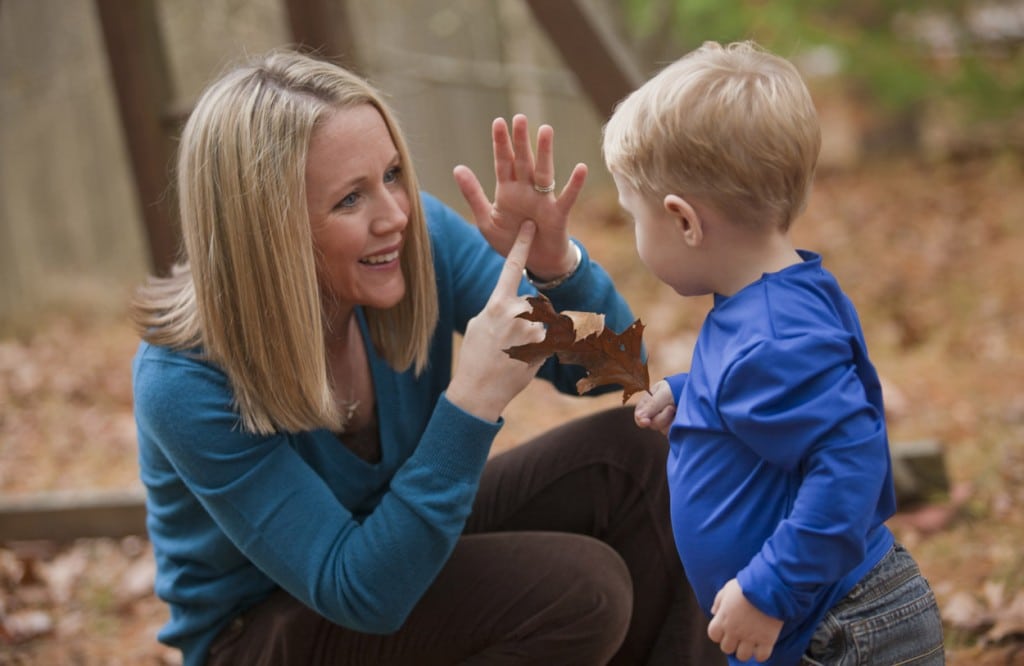
Using gestures or language can be challenging for many children with developmental delays, language delays or Autism Spectrum Disorder (ASD). It is important to remember that with help and understanding, your child can develop communication skills. Children can often find it hard to relate and communicate with others especially when it is difficult for them to understand language or use language. Many children will learn unconventional ways to communicate such as using made-up words, repeating words or using them in the wrong context, pushing or pulling caregivers to what they want or using undesirable behaviors to access what they want. It is important to remember to help your child communicate and meet them at their skill level now, not where you want them to be. The more successful your child feels when learning new ways to communicate, the more often they will begin to use these new skills. Here are 4…
What’s Priming?
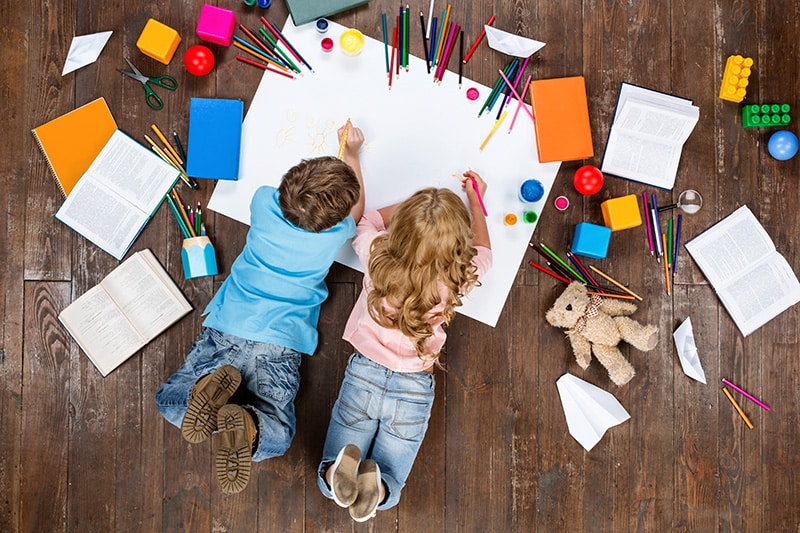
Priming is an evidence based ABA intervention that is used to prepare children for possibly challenging activities or events. It can be difficult to predict how your child will react to some situations, such as visiting the dentist or taking an airplane for the first time, but priming beforehand can help familiarize them with the new setting and ease transition. Priming is most effective when it is built into the child’s everyday routine at school and home. It typically involves presenting the materials that would be naturally found in the new setting. This can be through social stories, books, video modeling, a related toy or an actual item from that environment, such as a toothbrush for the dentist or a stethoscope for a doctor’s visit. This can reduce the child’s stress and anxiety and increase their sense of predictability and success. Some Guidelines for Priming: Develop a Routine- If priming for…
Reducing Holiday Stress with Children

Reducing Holiday Stress with Children Home By: Tara Karen, M.S. Ed, BCBA, LBA For many, the holidays represent a time of love, family, giving, joy, and excitement. For those with children with developmental disabilities, it can also mean an increase in stress and chaos. Time off of school, change in routines, unstructured time, addition of […]
Fall Activities for Kids

Autumn-lovers, your favorite season is finally here. As the weather gets cooler and the leaves begin to change color, it’s time to start thinking about how you can help your kids get outdoors and take advantage of all that this amazing season has to offer. From fun arts-and-crafts projects to festive outings, this list of 20 fall activities for kids has something for everyone! Visit an apple orchard.Make a classic apple crisp.Build a scarecrow stuffed with newspaper.Have an apple cider “tea” party.Bake apple chips.Make an apple stamp.Make handprint leaves.Jump into a leaf pile.Play “I Spy” during a nature walk.Collect and identify leaves.Press leaves into a photo album.Visit a zoo.Check out a haunted house.Make a necklace with Halloween-colored beads.Take a hayride at your local pumpkin patch.Toast the pumpkin seeds from your carved pumpkin.Decorate pumpkins with paint, markers or stickers.Enter your decorated pumpkin into a local contest, or have your own contest!Roll down…
How to Best Prepare Your Child for Their First Dental Appointment
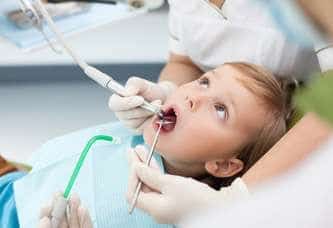
There are a lot of sensory elements at the dentist’s office like loud noises, bright lights, as well as new tastes and smells. While this can be difficult for a child at first, they usually become more comfortable at each appointment. However, these sensory issues can be much harder for children with autism. Despite these difficulties, there are many ways to help your child with autism prepare for the dentist. I have been practicing family dentistry for 17 years and have worked with many families to help prepare their children for dental visits. I’ve compiled a list of the best tips that you can try with your child before their first dental appointment. Ask plenty of questions One of the best ways to prepare for your child’s first dental appointment, is to ask your dentist a lot of questions. This is a great way for getting detailed information about what dental…
Family Reunion Tips

As summer is in full gear, many family reunions take place that can be challenging for children with ASD. It is not uncommon to encounter some difficulties related to changes in our environment and how we deal with them. This article is intended to provide some helpful tips based on the principles of ABA to help you make a positive and successful experience during family reunions! Regardless if you have ASD, there will always be a mix of personalities when relatives gather together. Therefore, we need to be realistic with our expectations on what we expect from our children during the gatherings such as family reunions. Tip 1: Pair your relatives: If you are concerned that your child will refrain from engaging with relatives whom they don’t get to see as often, re-arrange the environment in such a way so that your child will want to interact with their relatives. Bring…
Transition into Summer
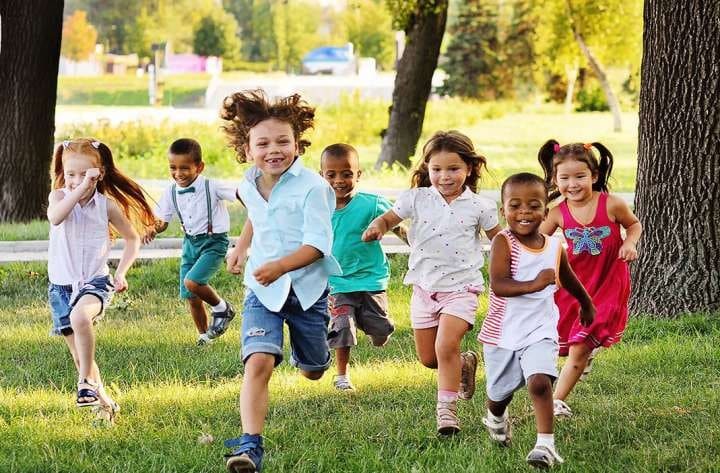
The summer break provides great opportunities for families and children to experience new activities, explore new locations, relax and stay in, forget about homework, say no to early mornings, and take a break from the overall rigid structure an academic environment provides. However, completely removing those structures and routines may not be the best approach for all children with ASD. All individuals, regardless of disability status or age, must move (i.e., transition) between multiple tasks and activities throughout the day (Sterling-Turner & Jordan, 2007). In addition to difficulties in social relationships and communication, some individuals with autism may exhibit behavioral difficulties associated with changes in routines (American Psychiatric Association, 2000). For most families, summer schedules include changes in routines such as shorter days in summer school, new teachers, babysitters/therapy providers and overall longer unstructured times. Be prepared to tackle on this summer by utilizing some of these tips for having a…
